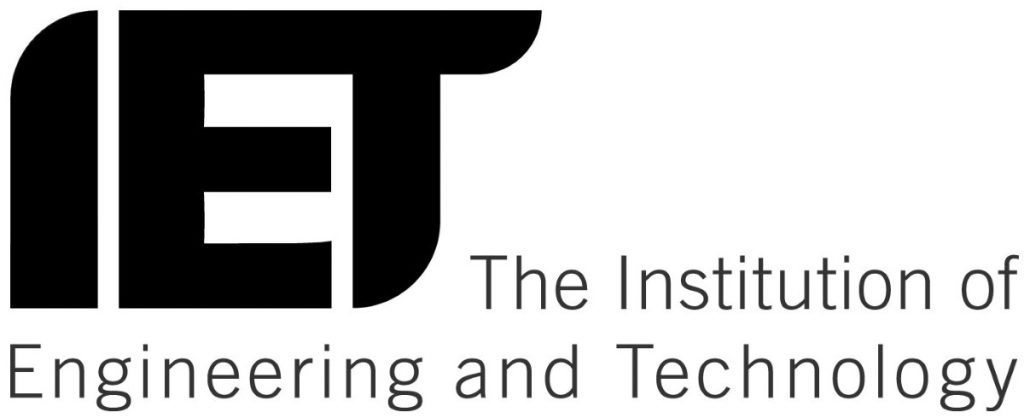GCSEs: reform rather than remove engineering course
As thousands of young people today receive their GCSE results, the Institution of Engineering and Technology (IET) is warning that the Government proposal to remove GCSE engineering could make the skills crisis an even bigger cause of concern for UK employers.
The IET has already highlighted this to Ofqual following their proposals to streamline the number of GCSE courses in manufacturing, electronics and engineering as a result of low numbers of students studying the subjects.
Analysis of the 2014 GCSE results shows a 73 per cent increase (5,027 students in 2014 compared to 2,897 in 2013) in students successfully studying GCSE engineering.
Paul Davies, IET Head of Policy, said: “It is imperative that GCSE engineering be reformed rather than removed.
“One of the reasons given for removing this subject is due to the low student numbers. However, the results published today show a large increase.
“GCSE engineering is widely recognised as a significant route to providing the crucial technical skills that young people need to succeed in industry. According to the IET Skills Survey, 44 per cent of engineering, IT and technical recruits do not meet the employer’s expected levels of skills.
“It is important to engage students with the discipline of engineering as early as possible. These subjects build on key skills applicable to many areas and develop a systems-thinking approach in addition to allowing for the application of mathematics.
“It is unclear whether these skills will be adequately covered by the proposed Design and Technology syllabus. The fact of the matter is that the UK has a shortage of engineers and the removal of these subjects sends the wrong message about their importance to the UK’s economy.
“We believe that rigorous, highly valued qualifications should exist in engineering and technology areas that will be vital to the nation’s future and that all education policy makers should seek to maximise the take up of these qualifications.”
The IET’s 2014 Engineering and Technology: Skills & Demand in Industry Annual Survey revealed that 59 per cent of companies indicated concerns that a shortage of engineers would be a threat to their businesses.
Notes to editors:
§ Interview opportunities are available with IET spokespeople from a broad range of engineering and technology disciplines including cyber-security, energy, engineering skills, innovation, manufacturing, technology, transport and women in engineering.
§ The IET is one of the world’s largest engineering institutions with nearly 160,000 members in 127 countries. It is also the most multi-disciplinary – to reflect the increasingly diverse nature of engineering in the 21st century. Energy, transport, manufacturing, information and communications, and the built environment: the IET covers them all.
§ The IET is working to engineer a better world by inspiring, informing and influencing our members, engineers and technicians, and all those who are touched by, or touch, the work of engineers.
§ We want to build the profile of engineering and change outdated perceptions about engineering in order to tackle the skills gap. This includes encouraging more women to become engineers and growing the number of engineering apprentices.
§ For more information, visit www.theiet.org
Robert Beahan
External Communications Manager
T: +44 (0)1438 767336
M: +44 (0)7595 400912





-01.png)